Farmer’s Guide to Trucking Regulations available to Ohio Farm Bureau members
The guide includes a farm driver checklist, overview of state and federal regulations and exemptions, CDL qualifications and more.
Read More
Taxes. Immigration. Trade. Water quality. Regulatory reform.
All of the above are traditional priority issues for anyone associated with agriculture and farming. In 2017, they were joined by a nontraditional, but very real priority issue — the drug crisis — more specifically the opioid epidemic in the state of Ohio.
The numbers are still rising. In February, The Columbus Dispatch reported that opioid deaths in Ohio were up 39 percent from mid-2016 to mid-2017, nearly triple the national average. It shows no signs of slowing down.
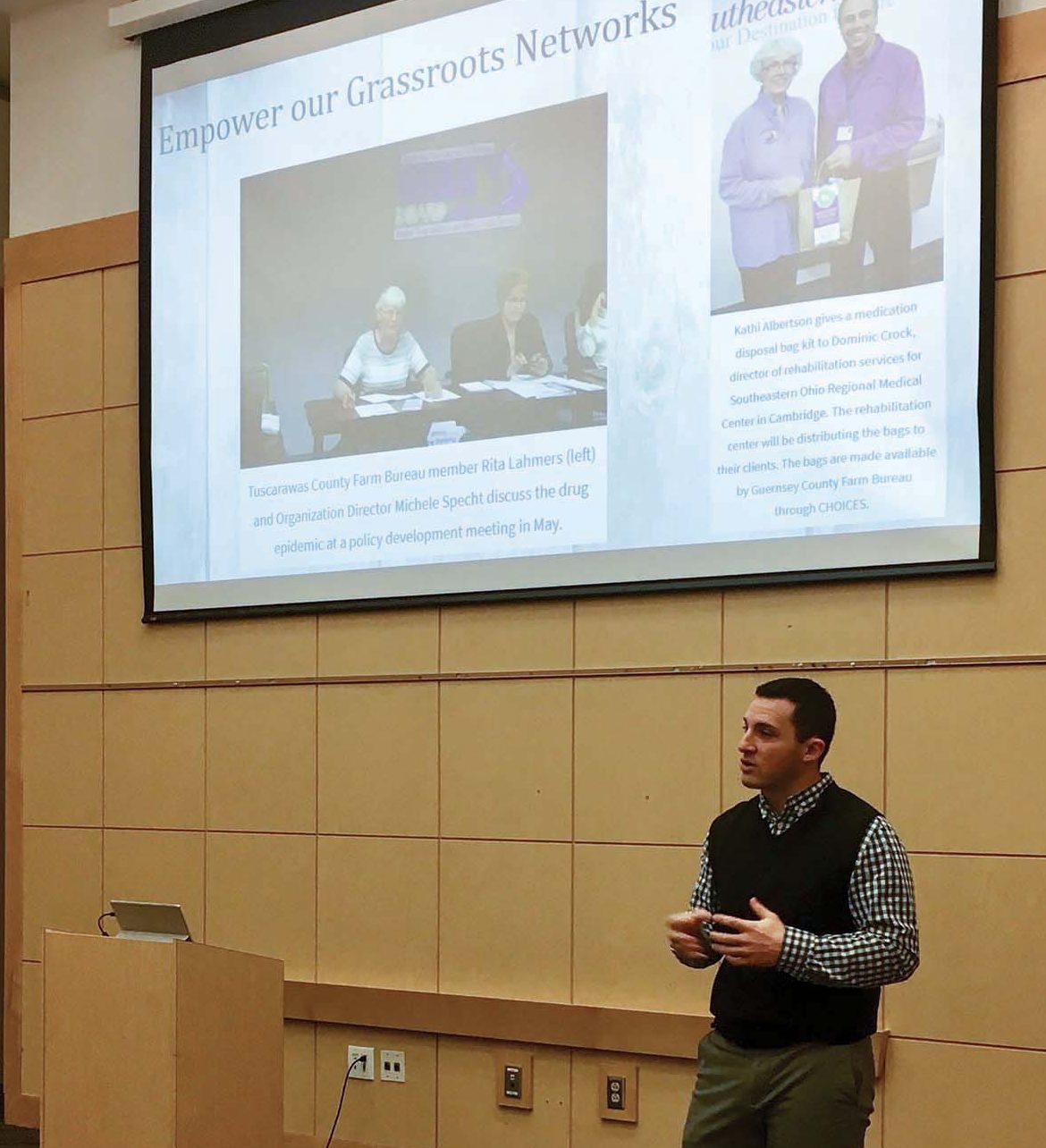
“The opioid crisis is national,” said Will Rodger, American Farm Bureau director of policy communications, “but the hot spot is Ohio, Kentucky and West Virginia.”
The first full story Ohio Farm Bureau published about the issue in the July/August 2017 edition of Our Ohio magazine was titled “Drug crisis comes to rural Ohio.” It not only told the tale of how the opioid epidemic was eating away at small towns and the families within them, but also the role of law enforcement, community activism and drug abuse education efforts being led in part by county Farm Bureaus in eastern parts of the state, specifically Tuscarawas and Carroll counties.
Soon other county Farm Bureaus were launching their own community efforts or began working hand-in-hand with the community resources already in place. Ohio Farm Bureau teamed up with Prevention Action Alliance and Ohio State University to host the day-long forum Hope For Ohio in December, geared toward rural educators – both adults and teens in FFA and 4-H who would be positive influences on peers and students alike.
These efforts started a ripple effect throughout the state, but it also caught the attention of farmers nationwide. Leaders at American Farm Bureau gave Ohio Farm Bureau credit for bringing the issue to the forefront of the national organization, both through communications and policy development.
“While we had been seeing and hearing a growing amount of information about rural opioid addiction over the past several years, it took on an even higher level of attention after the Ohio Farm Bureau elevated the topic as one of its priority issues,” said Mace Thornton, American Farm Bureau executive director of communications. “The fact that a member of the Farm Bureau family, which is traditionally focused on nuts-and-bolts policy advocacy, would position this issue as one of its priorities spoke volumes about the level of seriousness to which this issue had risen in rural America.”
American Farm Bureau and the National Farmers Union teamed up and launched the ongoing #FarmTownStrong social media campaign in January. The campaign not only sheds light on how invasive the problem has become, but also has messages of hope and information about resources.
The biggest hurdle, according to Rodger, remains the unwillingness of many farmers to speak up about the issue.
“Silence is not helpful,” Rodger said. “The stigma is enormous but when nobody talks, stuff spirals out of control. Talking can literally mean the difference between life and death.”
Ending the use of pain management as the “fifth vital sign” for hospital accreditation was an initiative first brought to light through the grassroots policy development efforts of the Tuscarawas County Farm Bureau. It was adopted by Ohio Farm Bureau delegates at the organization’s annual meeting in December 2017 and then by American Farm Bureau at its meeting in January. Addiction to pain medication and the over-prescribing of pain medication is universally known to have aided the current drug epidemic in the state.
Featured Image: American Farm Bureau President Zippy Duvall, left, discusses the #FarmTownStrong campaign with Anne Hazlett, U.S. Department of Agriculture assistant to the secretary for rural development, and National Farmers Union President Roger Johnson at the AFBF annual convention in January. (Photo Courtesy of American Farm Bureau Federation)


The guide includes a farm driver checklist, overview of state and federal regulations and exemptions, CDL qualifications and more.
Read More


Katie Share of Columbus has been named ExploreAg and Youth Development Specialist for Ohio Farm Bureau.
Read More

Mary Klopfenstein of Delphos has been named Young Ag Professional and Ag Literacy Program Specialist for Ohio Farm Bureau.
Read More

The plan has been updated to give sole proprietors access to more rate stability and a smart solution that offers potential savings on health care.
Read More

The American Farm Bureau Federation, in partnership with Farm Credit, is seeking entrepreneurs to apply online by June 15 for the 2025 Farm Bureau Ag Innovation Challenge.
Read More

Adele Flynn of Wellington has been elected treasurer of the Ohio Farm Bureau Federation and now holds the third highest elected office in Ohio’s largest and most influential farm organization.
Read More
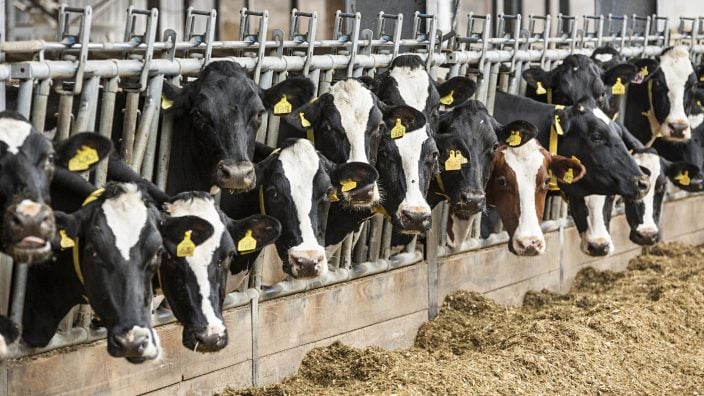
Producers are urged to work with their veterinarian to practice enhanced biosecurity measures and review and limit cattle movements within production systems.
Read More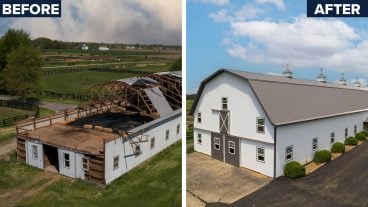
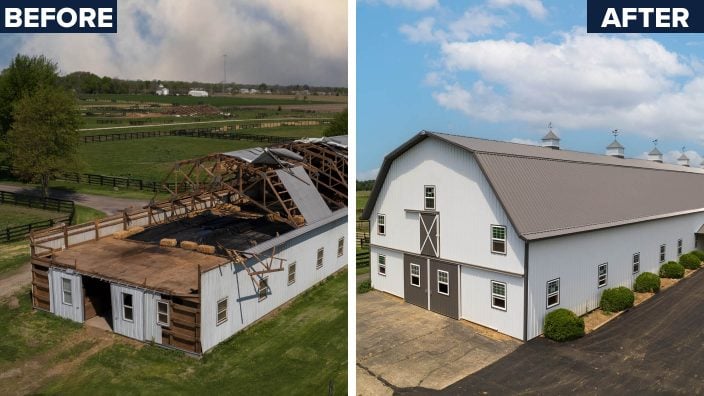
The changing seasons bring with them the need to thoroughly inspect pole barns for any damages that may have occurred during the winter months.
Read More
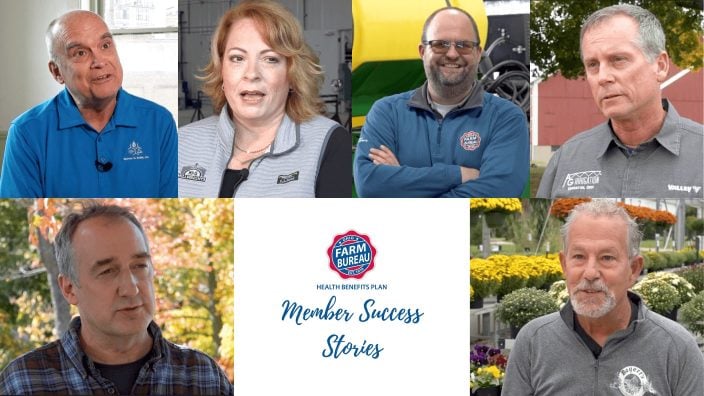
Hundreds of Ohio businesses and sole proprietors are raving about Ohio Farm Bureau’s Health Benefits plan with lower, predictable costs and easy enrollment and administration options.
Read More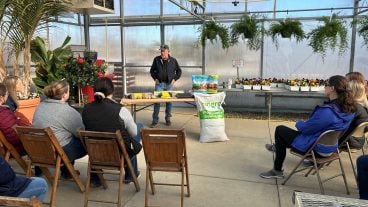
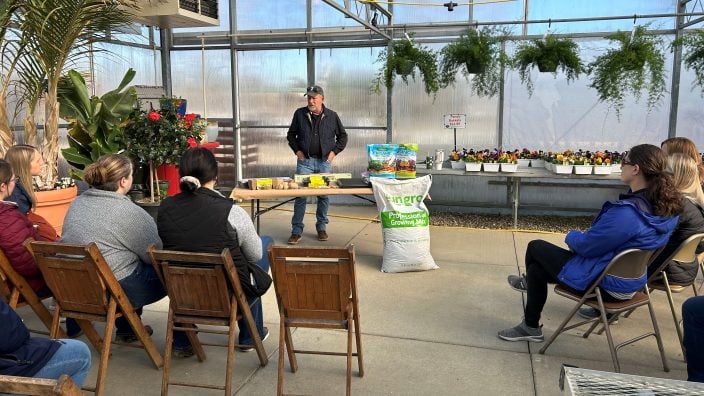
AgriPOWER Class XIV spent a few days in March in Medina and Wayne counties learning more about northern Ohio agriculture from leaders in Ohio Farm Bureau.
Read More